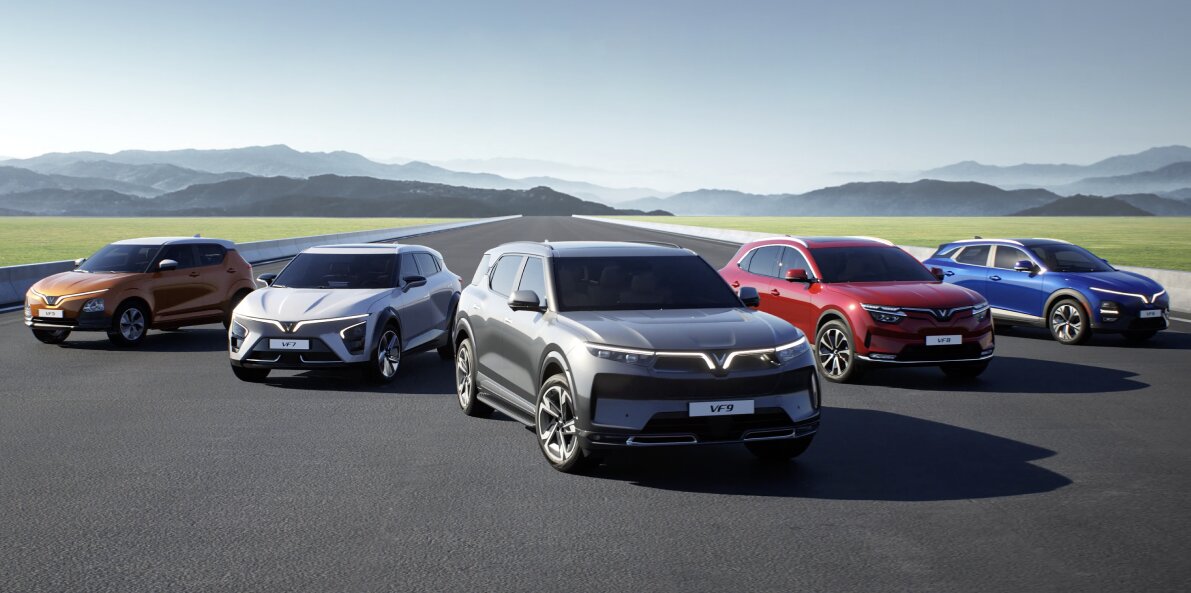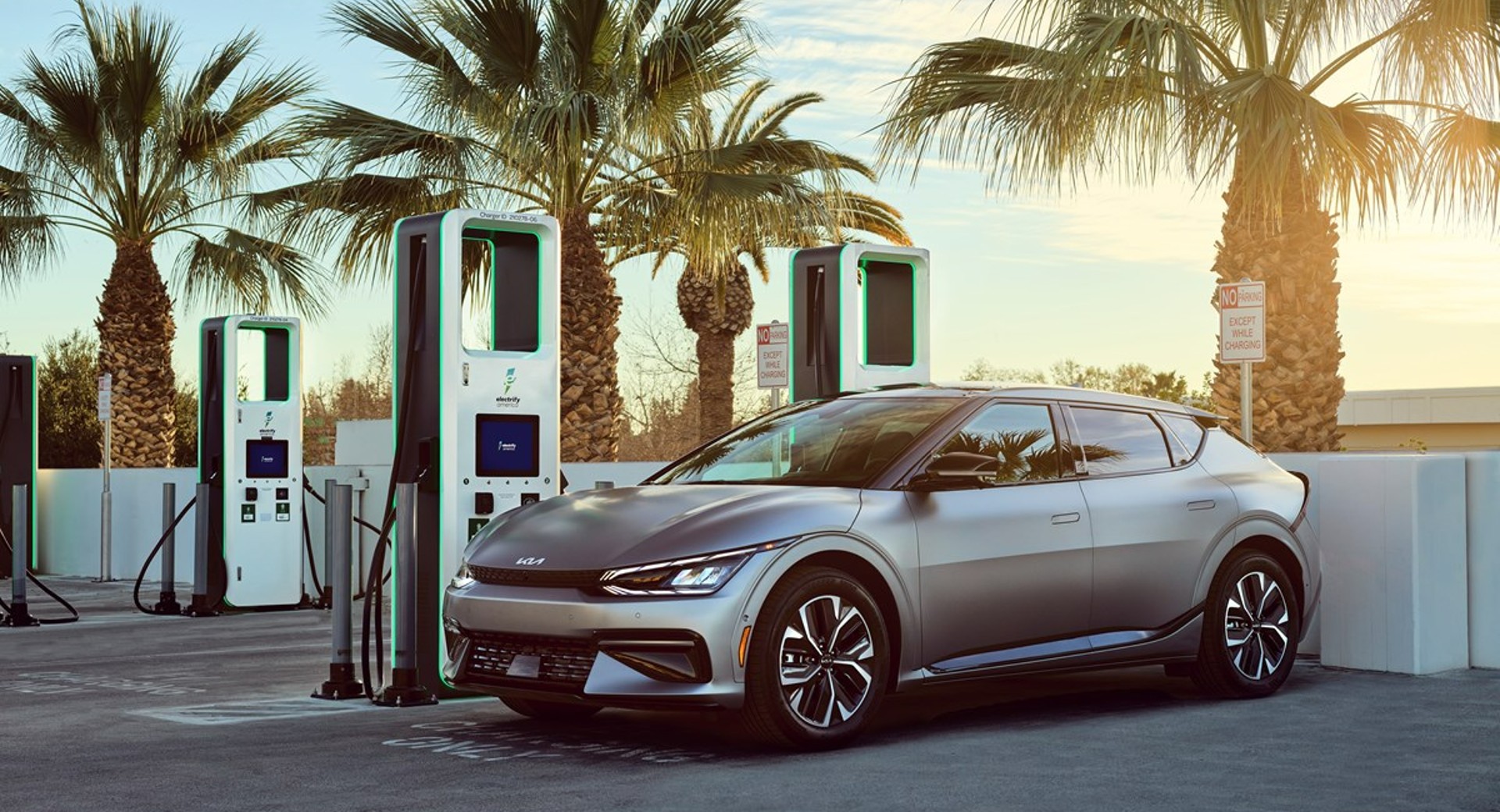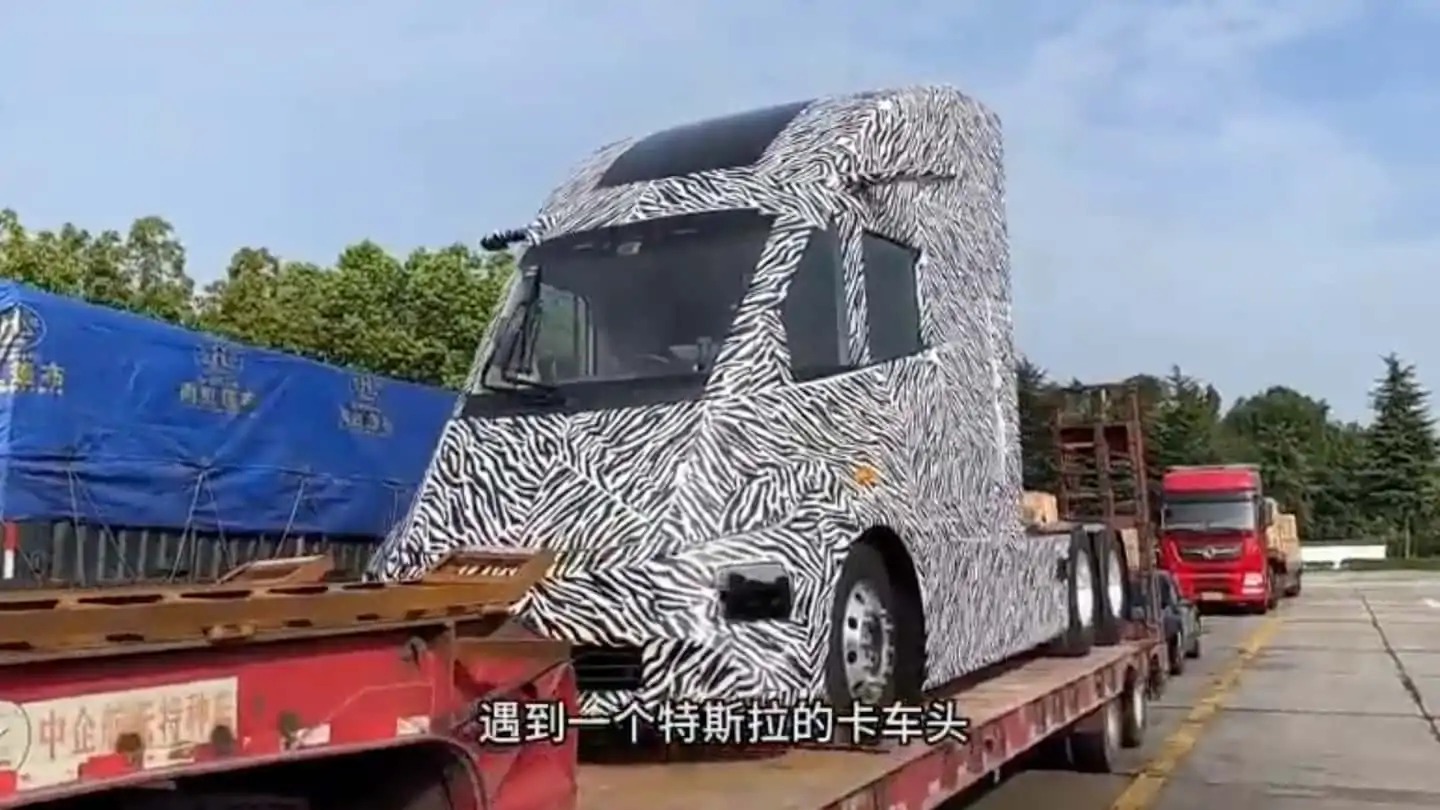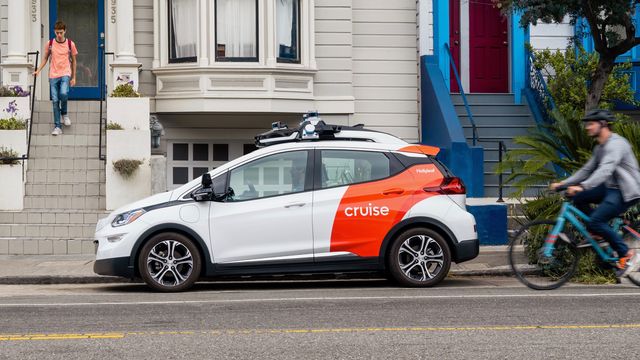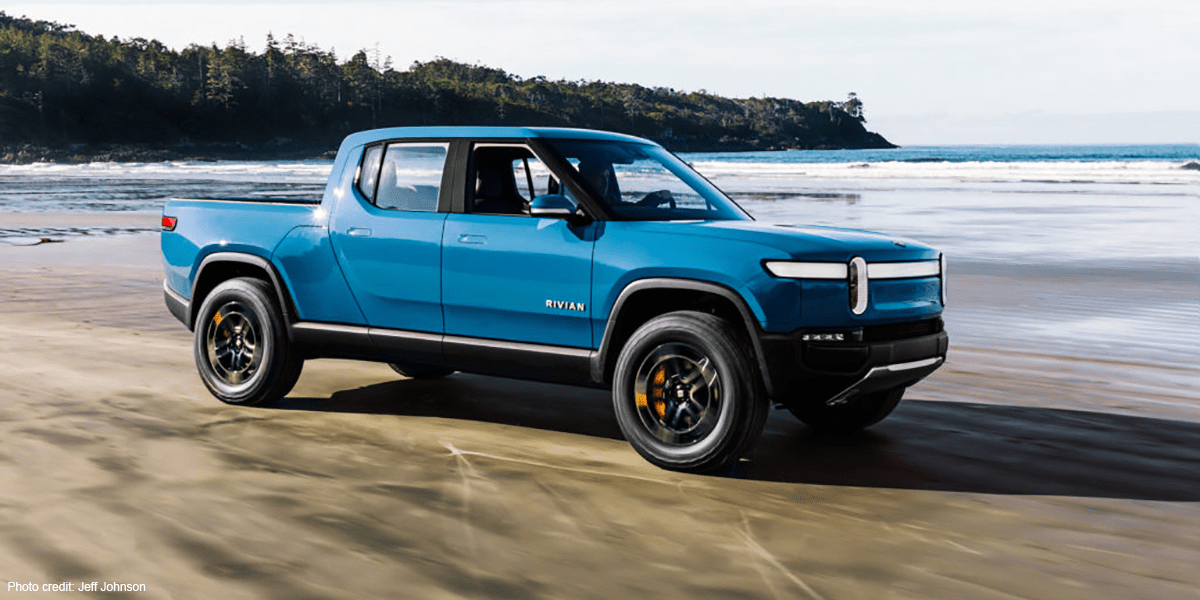Vietnam’s electric vehicle (EV) market is showing promising signs of rapid expansion in the coming decade, although it might face significant challenges along the way. BMI Research, a Fitch Solutions research unit, forecasts that passenger EV sales in the country are set to at least double this year.
In its latest report published on Thursday, BMI Research projects an impressive 114.8% year-on-year expansion in passenger EV sales for 2023, reaching around 18,000 units. The surge is particularly notable for battery electric vehicles (BEVs), expected to grow by 104.4% compared to the previous year, totaling nearly 17,000 units. Meanwhile, plug-in hybrid vehicles (PHEVs) could experience an astounding nine-fold increase, reaching almost 1,100 units.
“The outlook for passenger EV sales in Vietnam is optimistic, with an anticipated average annual growth rate of 25.8% from 2023 to 2032. This growth trajectory is projected to culminate in an annual sales volume of approximately 65,000 units, a substantial leap from the 8,400 units recorded in 2022,” states BMI.
See also: VinFast Builds USD 174 million EV Battery Factory
One pivotal metric is the penetration rate of passenger EVs, measured as a percentage of the country’s total passenger vehicle sales. The BMI report predicts this rate to surge to 13.6% by 2030, a remarkable leap from the 2.9% seen in the previous year.
The Vietnam Automobile Manufacturers Association goes even further, forecasting EV ownership to reach 1 million units by 2028 and an impressive 3.5 million units by 2040.
While electric vehicles constituted only a minor share of Vietnam’s passenger car market in the previous year, with approximately 284,000 passenger car sales, the number of electric cars remained limited, numbering only in the thousands, as per Statista.
Driving Forces Behind the Growth
Central to the anticipated EV growth is the increased production and deliveries of VinFast vehicles. The local EV manufacturer is ramping up production throughout 2023, which is expected to significantly contribute to the surge in demand.
“The market’s strong growth will be propelled by the local production of VinFast, Wuling HongGuang, Skoda, and Hyundai-branded EVs over the forecast period of 2023-2032,” emphasizes BMI.
See also: VinFast Initiates Construction of First U.S. Electric Vehicle Plant in North Carolina
Currently, Vietnam’s passenger EV market is largely dominated by VinFast, holding more than 50% of the market share in 2022, according to BMI. The remaining market share is primarily occupied by Chinese brands. The influx of affordable EVs from China, such as the Wuling Hongguang Mini EV priced at 239 million Vietnamese dong ($10,065), is also expected to invigorate the passenger EV segment. In comparison, VinFast introduced a budget electric car priced at $23,000 for the Vietnamese market in April.
Furthermore, BMI highlights that growth in EV production within the Association of Southeast Asian Nations (ASEAN) could have a positive impact on the Vietnamese EV market. The recent commitment by Vietnam’s government to continue exempting import taxes on completely built-up cars from ASEAN member countries until the end of 2027 is expected to bolster this growth trend.
Challenges on the Horizon
Despite the promising growth trajectory, challenges remain. BMI anticipates that low incomes and a lack of incentives might impede the adoption of EVs in Vietnam. The report suggests that adopting the battery leasing business model, which allows consumers to rent batteries when purchasing new EVs, could help alleviate costs. This approach is expected to particularly attract taxi fleet operators, as demonstrated by Green SM’s launch of a pure EV taxi service in Vietnam with VinFast models in April.
See also: VinFast Unveils Trio of New Electric Vehicles and Expands Portfolio with Electric Bike Models
Moreover, the existing charging infrastructure might pose a limitation to the growth of Vietnam’s EV market. Currently, most charging stations cater to electric two-wheelers, such as bikes and scooters. However, BMI predicts that more players will enter the market starting in 2023 to bolster the EV charging network. Local EV charging operator EBOOST has already committed to expanding Vietnam’s charging network by deploying additional charging points.
Notably, Taiwanese electronics giant Foxconn has announced a $250 million investment to establish an EV charging equipment and component production plant in Vietnam. This initiative, along with others, is expected to expedite the expansion of the local and regional EV charging networks.

